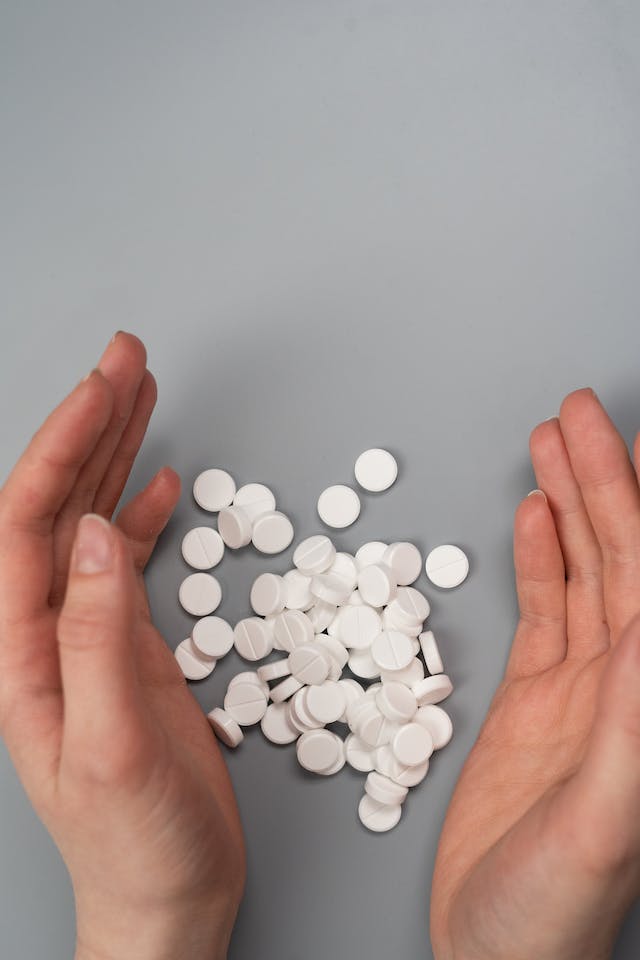We often hear a drug addict facing a relapse. But what actually do you mean by a relapse? A relapse happens when you return to taking drugs after a time of sobriety. This is normal during the recovery process, which can take place at any moment and differ in severity, resting on the amount of drug you take and how long. Often, a relapse is likely to pose specific health risks or can be deadly too. Here taking the help of rehab centers nearby can help.
Types of Relapse
Relapse is of two types, traditional relapse and a freelapse. The former occurs when a person makes a conscious decision to take drugs. The latter is an accidental relapse, which occurs when an individual uses drug unintentionally. This can occur when a person takes drugs mistakenly.
Different Stages of Relapse
There are three stages of relapse. They are emotional, mental, and physical.
- Emotional Relapse- During this stage, a person may not be capable of coping with their emotions in the right way. They may bottle up their feelings, deny their problems, stay isolated, and neglect their self-care. Thus, avoiding their difficult circumstances and emotions can result in relapse.
- Mental Relapse- During this stage, a person may be aware of having conflicting feelings regarding sobriety. A part of them may wish to stay sober while the other may battle for cravings and consider ways of relapse secretly.
- Physical Relapse- This stage includes the ultimate act of taking drugs. What starts as an initial lapse to take one dose of the drug can proceed quickly to that full-blown relapse. During this condition, they will feel they have no or little control overusing.
Common Risk Factors
Relapse has some common risk factors such as,
- Exposure to triggers such as environmental and social cues.
- Poor coping skills and high-stress levels.
- Interpersonal problems such as conflict with friends and family.
- Peer Pressure.
- No Social Support.
- Pain due to medical issues, accidents, or injuries.
- Low self-efficacy.
- Positive moods.
How to Deal with Drug Addiction Relapse?
If you or a dear one experiences a relapse, take into consideration the following action,
- Take Help- Seeking support from friends, family, and acquaintances can help a great deal to handle a relapse. It is always good to be surrounded by positive influences that can constantly remind you of not being alone, along with offering guidance and advice on ways to recover from the relapse.
- Self-help Group- Self-help groups will offer you the chance to learn more about people that have coped with such situations. Every day they will schedule meetings so that you find one within 24 hours of the relapse or maybe on the very same day.
- Keep Away from Triggers- If you are around triggers right after a relapse, it can automatically boost your cravings to take drugs. To stop the continuation of the relapse, try your best to keep away from triggers as much as possible, including places, people, and things that remind you regarding drug use.
- Set Healthy Boundaries- A boundary is a limit that you set for yourself to safeguard yourself from harm. Poor or weak boundaries can result in negative emotions like resentment and anger and, above all, pose threats to your sobriety. For best results, keep away from harmful situations and abusive people that force you to take drugs.
- Engage in Self-Care- Looking after yourself physically and emotionally is vital after a relapse. Here self-care can work wonders in helping you recover from the relapse via reducing stress and tension. You can indulge in any form of activity that gives you pleasure, such as eating healthy foods, journaling, reading, exercise, meditation, and yoga.
- Reflect on the Relapse- Consider your relapse as a learning experience and thinks about how it happened.
- Relapse Prevention Plan- It will act as an excellent guide to help you stay sober. Pen down a detailed plan that highlights your triggers, a minimum of 2 coping skills that control your stress, and a list comprising of people in the support system that can help.
Return Back to the Rehab Center
Relapse does not indicate that the treatment did not work but means that it needs adjustment or reinforcement. Getting back to old habits is always easy because this is a common response to doubt, triggers, boredom, and cravings. You may not desire to go back to rehab, but this can save your life. Getting back to the treatment program right away is vital as this will cut off the access to the drug use quickly and help you reclaim control over your recovery. To recover from an addiction fully will be a long-term process. Do not feel afraid to return to a treatment program. Never consider this an indication of failure, yet consider it a deliberate and conscious choice for a life that is sans drug abuse.
A good rehab center, such as the best Kentucky inpatient drug rehab, may view your recovery as other skills that need practice. To learn living in recovery is akin to learning to walk. You should learn ways of living in a completely new way. Always be understanding when you tumble as well as commit to getting up again. Keep trying and make tweaks so that you can maintain your abstinence in the long term. Rehab centers offer a plethora of benefits to patients, such as peer support, explore the underlying issue, focus on recovery, and break the addiction cycle. They will offer you a home-like, comfortable setting. During the stay, you will get attention and care from a highly experienced, warm, and empathetic drug rehab team. They will offer you effective treatments to help you achieve long-term recovery.

